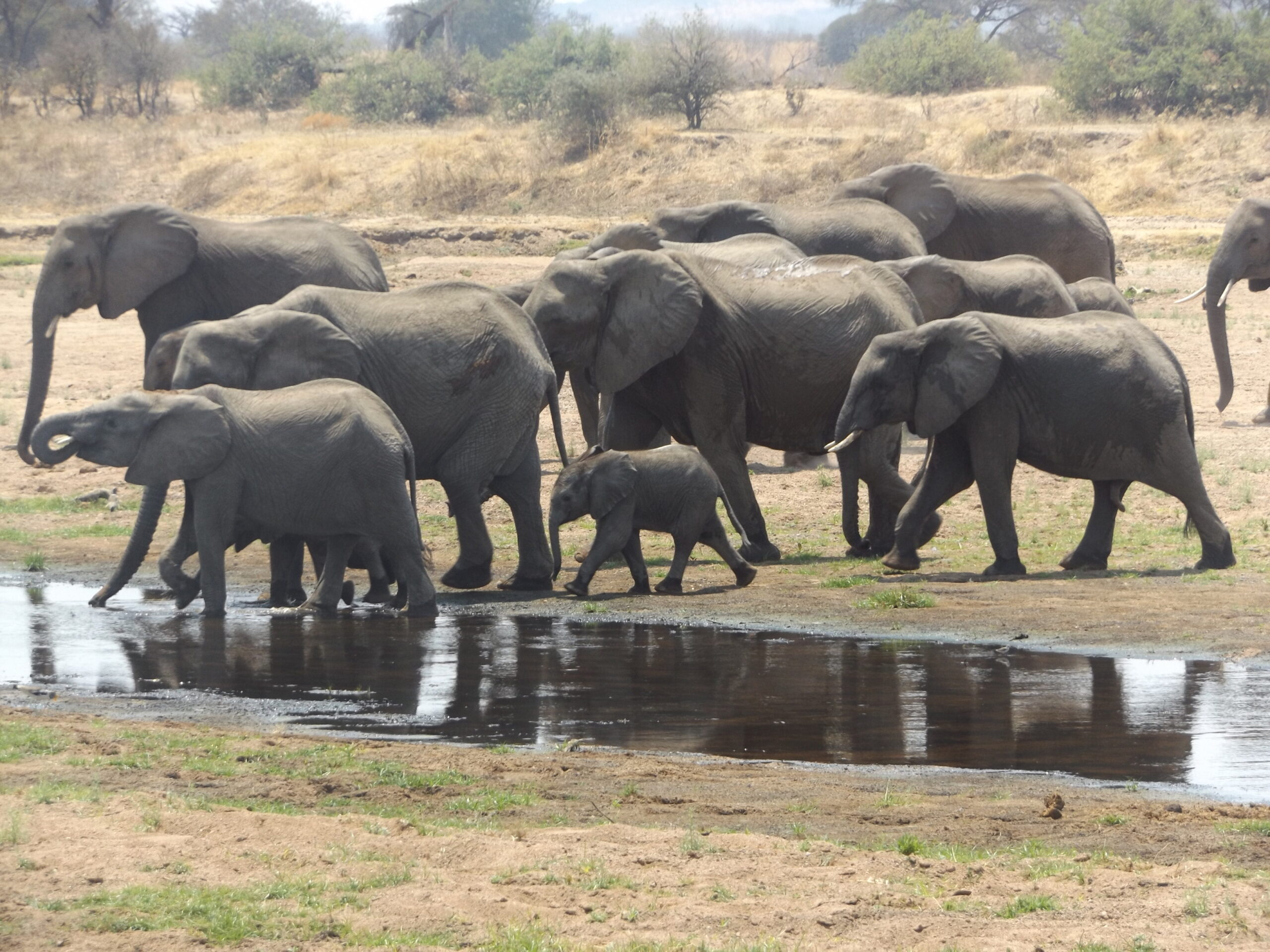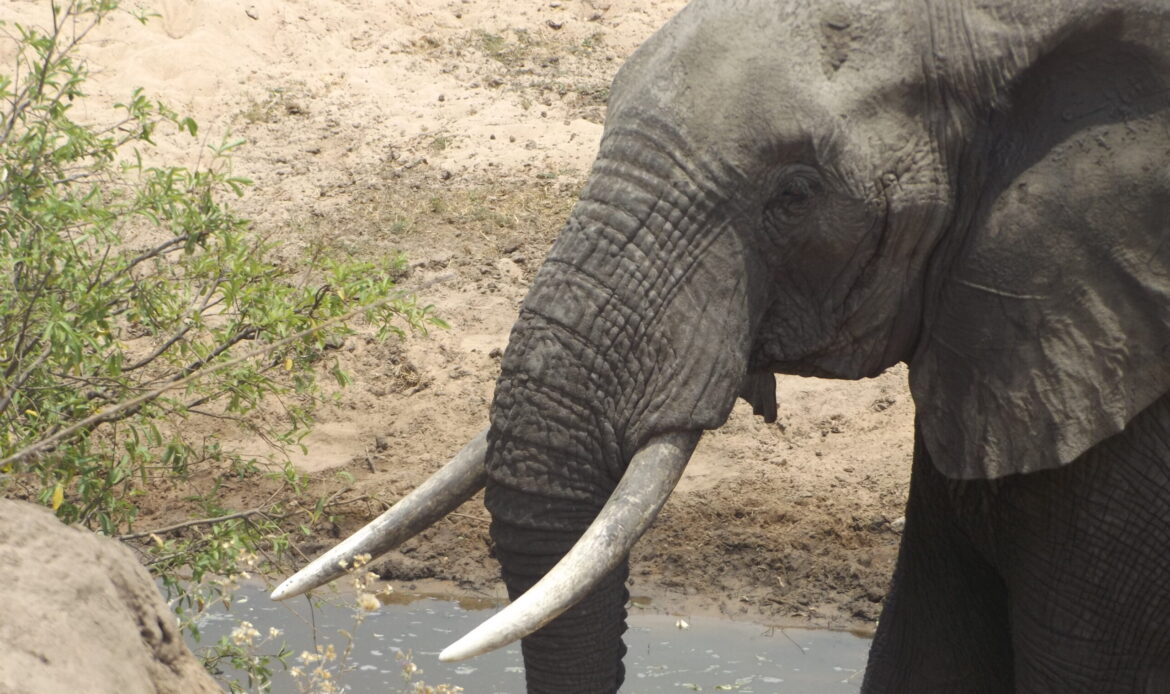Local development and intensified land use increase the fragmentation of wildlife habitat and proximity to conservation areas, often having negative impacts on local livelihoods, where wildlife may raid crops, spread disease, or kill livestock and even local residents. Managing human-wildlife conflicts is key to co-existence and holds the potential for sustainable local development and conservation to work together.
Therefore DZS, in collaboration with Ecoexist (Botswana), Peace for Conservation (Tanzania) and Tanzania Research and Conservation Organization (Tanzania), has organized a workshop that aims to foster dialogue, share expertise, and devise sustainable solutions to promote co-existence between humans and wildlife, with a primary focus on elephants.

The workshop brings together NGOs working in communities adjacent to famous conservation areas like the Serengeti ecosystem (Tanzania) and the Okavango Delta (Botswana). The NGOs work in remote areas away from tourism centers, receiving limited direct benefit from the tourism industry, while experiencing the impacts of living next to conservation areas rich in wildlife posing a risk to local lives and livelihoods. The Okavango Delta in Botswana, renowned for its rich biodiversity and sizable elephant population, provides an apt setting for this collaborative endeavor.
Focus of the workshop: challenges and opportunities for co-existence
By leveraging the collective expertise and experiences of participating NGOs, the workshop endeavors to share knowledge and generate actionable insights and practical recommendations that can strengthen co-existence strategies and initiatives.
Key topics of the workshop include:
- NGO strategy, organization and activities
- Human livelihoods and wildlife conflict situations in target areas
- Strengthening resilience of local livelihoods and coexistence:
- Safeguarding local lives and farming/cattle herding systems (human-wildlife conflict mitigation techniques)
- Sustainable farming techniques and diversification for food security
- Diversification of livelihood activities, product development and value chain links from production to market
- Land use planning for co-existence: allocation of space and resources for wildlife/biodiversity
- Awareness-raising and training efforts for NGO staff and local communities
- Networking of NGOs and staff
- Advocacy work towards local, regional and national authorities to raise awareness and provide recommendations on how to improve co-existence with wildlife and biodiversity
Furthermore, it aims to strengthen partnerships and collaborations among participating organizations and communities working towards a shared goal of co-existence between humans and wildlife.
Making a difference
New knowledge and experiences will be used by participating NGOs in their continuous efforts to facilitate co-existence in collaboration with local community members, local councils and boards, regional authorities, policymakers, etc. invested in finding practical solutions to mitigate conflicts while safeguarding both human livelihoods and wildlife populations. Local extension workshops will bring together local stakeholders to discuss workshop outcomes and how it can benefit local efforts to reduce human-wildlife conflicts, minimize negative impacts, and maximize opportunities for co-existence.
As the global community continues to grapple with the complex challenges of wildlife conservation and sustainable development, initiatives like this workshop underscore the importance of collective action, interdisciplinary collaboration, and community-driven approaches in safeguarding local livelihoods and fostering long-term co-existence.
For more information and updates on the workshop, visit the respective websites of the organizing partners with the Tanzania Research and Conservation Organization: Danish Zoological Society, Peace for Conservation (PfC) and EcoExist


